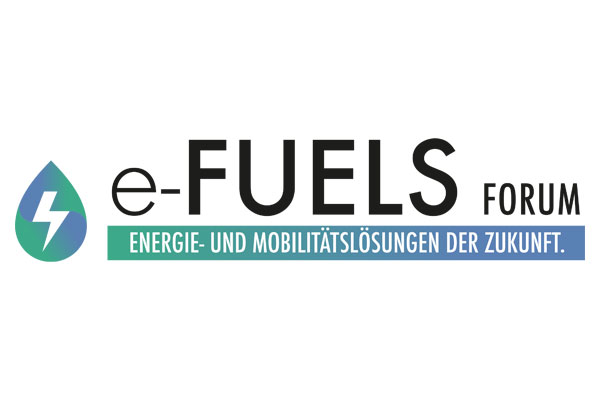E-fuels are the future of combustion engines. Even though the strategy in the automotive industry is increasingly moving in the direction of electromobility and battery-powered vehicles, combustion engines can also make an active contribution to climate-friendly mobility, provided that the combustion engines are powered by synthetic fuels (e-fuels).
But the production of e-fuels requires large quantities of hydrogen and carbon dioxide (CO2) so that a special synthesis process can create the starting products for synthetic fuels such as gasoline, diesel or kerosene.Where the CO2 for e-fuel production is to come from is a central question.
For example, emissions from larger industrial plants such as fossil-fuel power plants could be used. More climate-friendly sources such as biomass-fired combined heat and power plants could also be considered, since the combustion process basically only releases as much CO2 as was also bound by the biomass in advance.Promising technologies such as the direct air capture process also make it possible to capture CO2 from the air by extracting the CO2 in the air through a filter and processing it for the e-fuels production process.
Image © Unsplash / Alexander Tsang
The post Production of e-fuels requires a lot of CO2 appeared first on eFUEL-TODAY.






